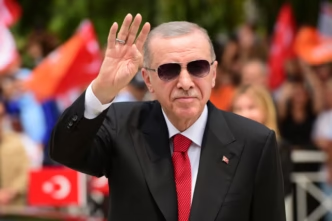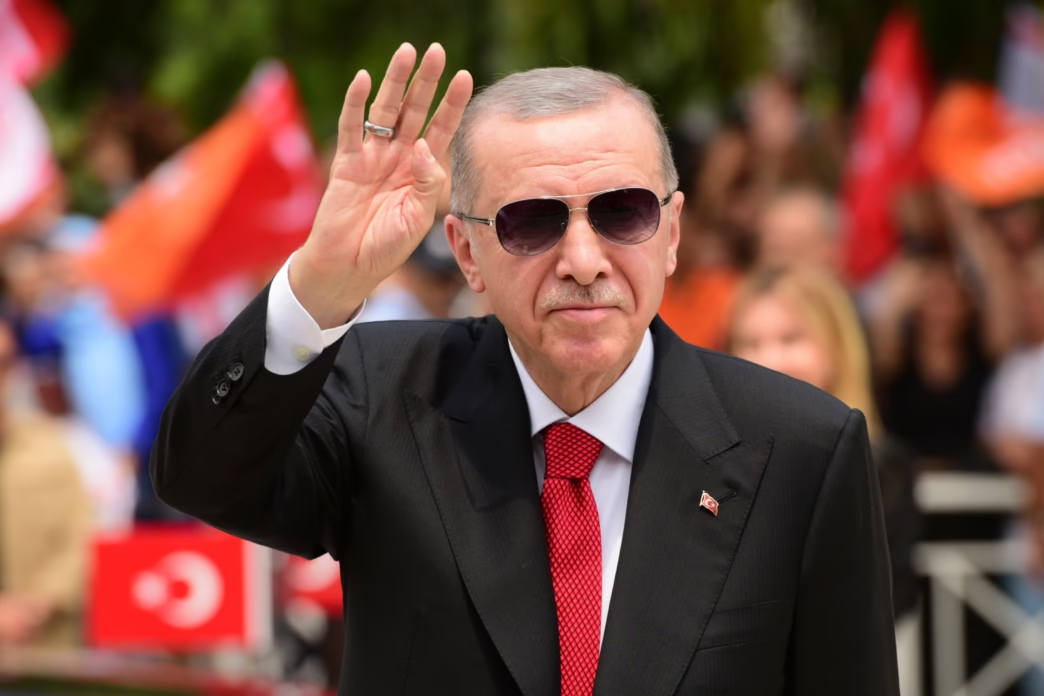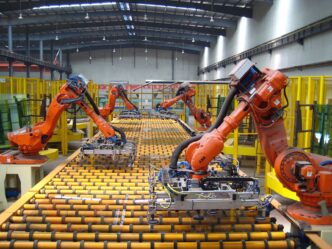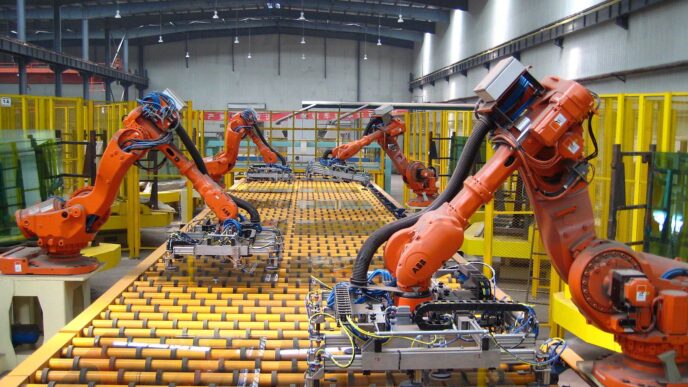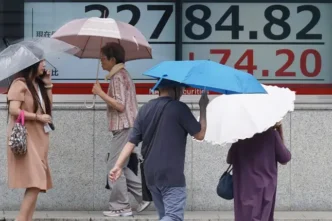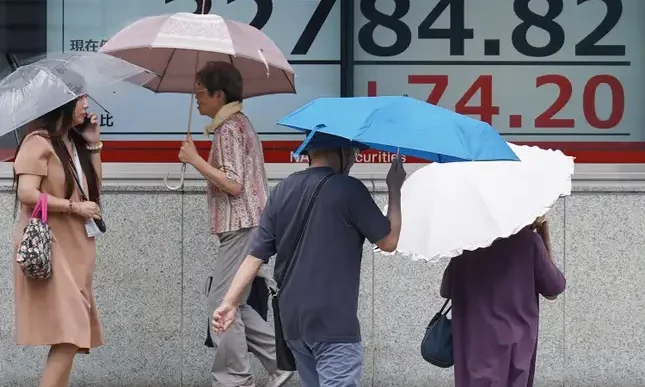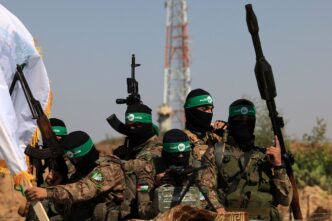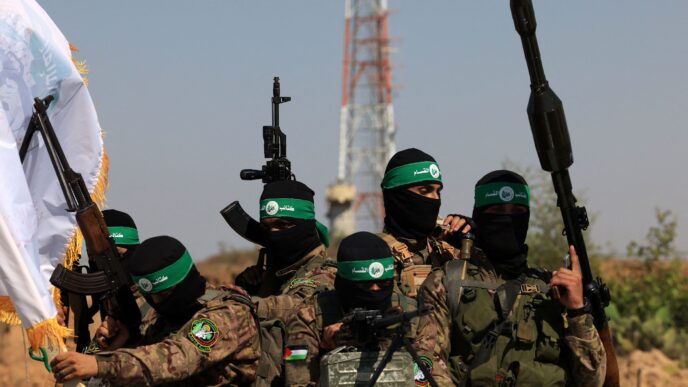Turkish President Recep Tayyip Erdoğan has placed the blame for the country’s economic troubles on the opposition, accusing them of intentionally destabilizing the economy as protests continue to grow in the wake of the arrest of Istanbul Mayor Ekrem İmamoğlu. İmamoğlu, a leading opposition figure and a potential rival to Erdoğan in future elections, has faced charges that many view as politically motivated.
Erdoğan’s comments came after İmamoğlu’s Republican People’s Party (CHP) called for a nationwide boycott of businesses alleged to support Erdoğan’s government. In a speech to members of his ruling Justice and Development Party (AK Parti), Erdoğan criticized the opposition, claiming they were so desperate that they were willing to “set the country on fire,” and promised that any “sabotage” against Turkey’s economy would be met with legal action.
İmamoğlu, who was arrested recently, faces allegations of corruption and supporting a terrorist group within the Istanbul municipality. He is among 90 suspects named in the case. Although no trial date has been set, İmamoğlu was ordered to be imprisoned on Sunday. The opposition, however, argues that the charges are politically driven, with many viewing İmamoğlu as Erdoğan’s most formidable challenger.
The evidence against İmamoğlu has not been fully disclosed, with reports suggesting it largely relies on “secret witnesses.” The use of such testimony in cases involving opposition figures has raised concerns among critics of the government, with some questioning the lack of transparency in the investigation.
Musavat Dervişoğlu, leader of the opposition Iyi Party, expressed skepticism about the corruption charges, noting that extensive inspections into the Istanbul municipality had yielded no conclusive evidence. “Dozens of inspectors have gone, 1,300 inspections have been made, and yet nothing has been found,” Dervişoğlu told his supporters.
In the wake of İmamoğlu’s arrest, the Istanbul municipality voted to appoint a proxy mayor. Nuri Aslan, İmamoğlu’s deputy, was selected by CHP members to temporarily take over. While the CHP has said it would cease organizing mass protests at City Hall, student-led demonstrations have continued across the country, with protests taking place in major cities like Istanbul, Ankara, and Izmir. These protests have largely been peaceful, with demands for İmamoğlu’s release and calls to end the erosion of democracy.
In response to the unrest, Interior Minister Ali Yerlikaya reported that 1,418 individuals have been detained in the past week in connection with the protests. The trade union Egitim-Sen, which represents teachers and university lecturers, confirmed that one of its members from Istanbul University had been detained, while leftist student groups claimed that several of their members were arrested in their homes.
Although Turkey’s next presidential election is scheduled for 2028, there is speculation that Erdoğan might call for an early vote in an effort to extend his rule. İmamoğlu, who is the confirmed candidate for the CHP, has consistently performed well in opinion polls against Erdoğan. His 2019 victory as mayor of Istanbul was seen as a major blow to Erdoğan’s party, which had controlled the city for 25 years.
As tensions rise between the government and the opposition, it remains to be seen how the ongoing protests and the legal challenges surrounding İmamoğlu will impact Turkey’s political and economic landscape.

